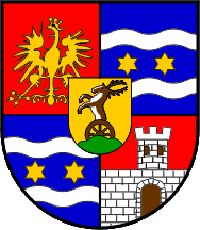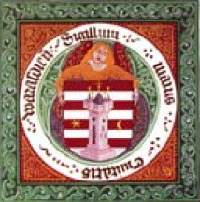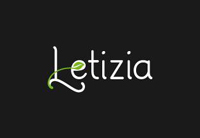User-Centric Communication in Intelligent Environments
Carsten Röcker
Carsten Röcker is a senior researcher at the Human-Computer Interaction Center (HCIC) and a lecturer at the Linguistics and Communication Science Institute at RWTH Aachen University, Germany. His current research address technical as well as social aspects of human-computer interaction in intelligent environments. From 2008 to 2011, he was a senior researcher at the Human Technology Centre (HumTec), working in the research program "eHealth Enhancing Mobility with Aging". As part of an interdisciplinary team of researchers he designed intelligent healthcare applications for supporting elderly people in ubiquitous computing environments. Previously, Carsten was a DFG-funded visiting PostDoc at the Media Computing Group, focusing on the evaluation of user requirements for smart work environments. Before joining RWTH Aachen University in 2008, he was a PostDoc at the Distributed Cognition and HCI Laboratory at the University of California in San Diego, USA. From 2000 to 2006 he worked as a research associate at the Fraunhofer Integrated Publication and Information Systems Institute (IPSI) in Darmstadt. During this time he was involved in two EU-funded projects designing novel information and communication technologies for intelligent home and office environments. Besides these appointments, he was a research fellow at Tokyo University, Japan (2010) and guest professor at the Medical University of Graz, Austria (2012). He has an interdisciplinary background with academic degrees in the areas computer science (PhD), psychology (PhD), electrical engineering (Master), and management (Master).
Abstract
With the emergence of technology-enhanced environments, new forms of communication and interaction will become possible. The initial design of such environments is likely to have a considerable impact on the way, people communicate and interact in the future. Hence, it is important to identify the requirements that potential users have, in order to accept and actually live in such intelligent spaces. This talk addresses the design, implementation and evaluation of future information and communication technologies. Based on different prototypes of Intelligent objects and environments, important aspects within an user-centered development process are illustrated. The focus of the talk is especially on the acceptances of alternative design concepts and the development of different communication prototypes, both for home and office use.

This work is licensed under a Creative Commons Attribution 3.0 License.
Copyright (©) 2007 - 2015. Faculty of Organization and Informatics. All Rights Reserved.












